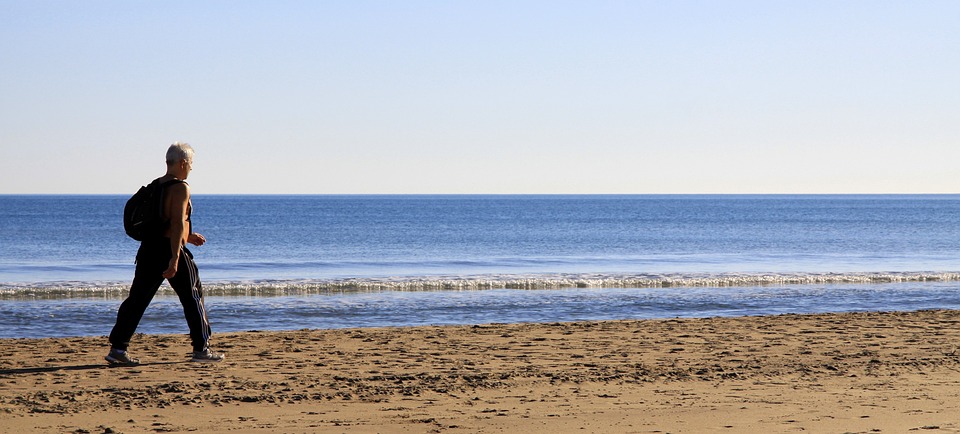Public health education can be considered an ambiguous term. It teaches the proper way to improve one’s health, and can involve only one or two people, or the population of several countries. Anything that can seriously threaten the physical, mental, or spiritual health of a wide range of people, notably due to their interactions with one another, can be classified as a threat to the community’s public health. This is why public health education becomes a necessary tool to aid people against the spread of potential diseases and illnesses. Five of the most important reasons of how public health education can prove beneficial are as follows:
1. People are able to learn how to prevent the spread of communicable diseases through the training and methods being taught in education. People are able to have better access to information regarding general prevention of diseases, including the knowledge of what to do and how to act during epidemics in their area. Certain diseases have their own individual prevention methods that people should be well aware of, and employing these techniques lessens the risk of being infected by possible diseases. Through public health education, even simple things such as wearing a flu mask in particularly affected areas, or knowing when to take vaccines for a particular illness that is prominent at that time of the year, always proves very effective in limiting the number of people affected annually.
2. More people are able to access private and public medical institutions to prevent diseases or medical conditions, or to better treat them. Without the benefits of a public health education, most people may feel healthy enough and not find the need to go for a general check-up. Being aware that it is necessary to see your doctor regularly is one of the important things learned in a good public health education. Most medical hospitals and clinics offer immunization or vaccine shots during the flu seasons, or when a general outbreak of hepatitis is going around, and a public health education ensures that more people know to go to these facilities and avail of the treatment, thereby lessening the amount of ill people.
3. People are able to adopt a healthier behavior to lessen the risk of diseases being spread among themselves. Keeping things cleaner around the house, opting to lessen or quit smoking altogether, or exercising more are just a few of the many different ways taught in public health education to combat sickness and improve one’s lifestyle.
4. People become more aware of information relating to the disease, rather than believing in just public perception. Public health education not only deals with how to prevent illnesses, it also provides details of how a disease works, which may dispel some myths and fallacies about it in society. The HIV virus for example, can be spread through unprotected sexual intercourse, but not through activities such as kissing or touching. This also helps change a person’s views towards someone infected, promoting more empathy rather than discrimination.
5. People are able to help and contribute to disease prevention by supporting or volunteering at health care facilities. Public health education is more than just spreading information; it also calls people to actively participate in aiding others. To be able to protect one’s health, it is also necessary to protect the health of other people around you, and helps foster a more close-knit community and a better sense of camaraderie.






More Stories
How Teladoc is Revolutionizing Mental Health Services
How Emergency Psychiatric Services Provide a Lifeline
How a Child Behavioral Therapist Supports Our Children